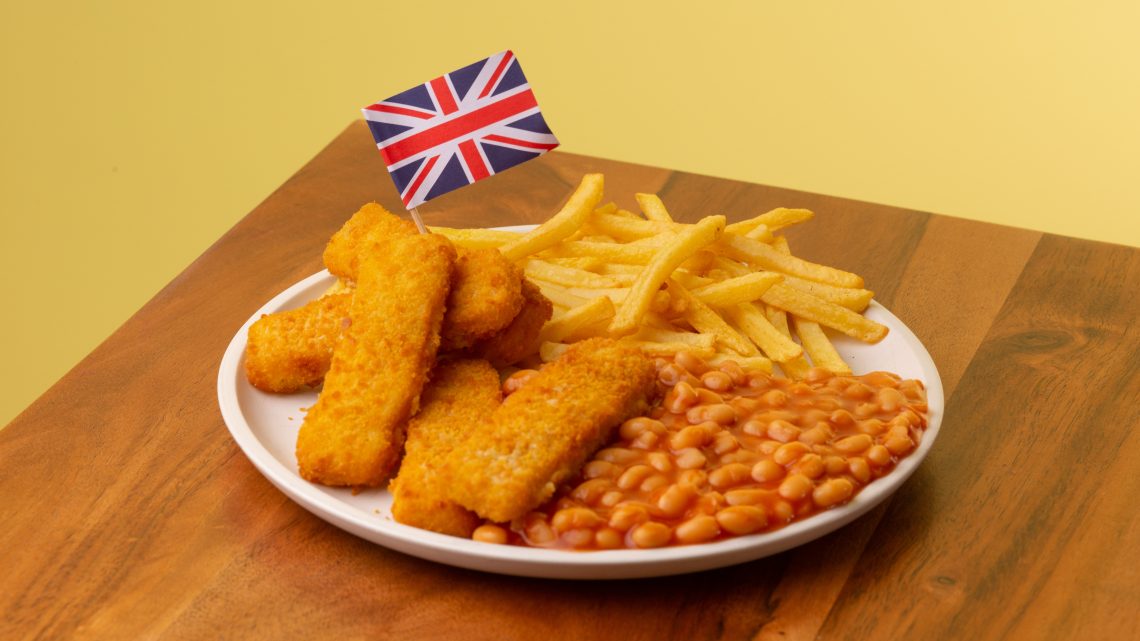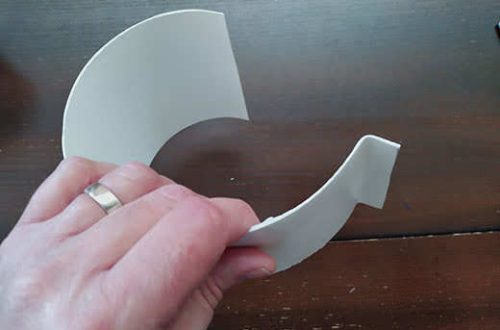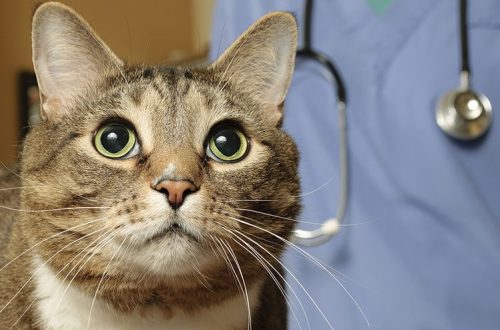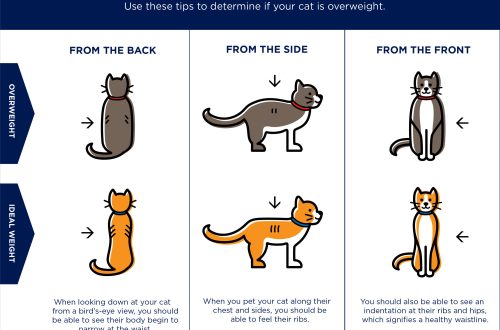
British food
natural immunity
British cats, as a rule, have excellent health: genetics allows. However, you should take your pet to the veterinarian at least once a year.
Firstly, tailed sirs and ladies need vaccinations: both for mating and for walking. Secondly, restrained by nature, British Shorthairs are not used to complaining and loudly declaring their ailments – a timely preventive examination will identify the disease at an early stage. Thirdly, the breed still has a weak point, and these are claws. During care procedures, pay attention to the paws of your pet, and if you suspect a fungus, immediately visit a specialist.
Features of feeding
The main difficulty in feeding the British is associated with their tendency to be overweight. A medium-sized pet needs about 300 kcal per day (about 70 g of dry food). Choose a premium food with the right composition, watch the portion sizes.
High-quality ready-made food for British cats will provide them with the necessary dose of vitamins and minerals, maintain the optimal level of protein, fatty acids, L-carnitine in the body, and will have a beneficial effect on the condition of the teeth, gums, gastrointestinal tract and cardiovascular system.
What will we drink?
Clean, fresh water should be freely available – especially if dry food is used in the British cat’s diet. Remember that the “British” drink a little. If you notice that the animal drinks water as much as it eats dry food, or even less, go for a little trick – soak the pellets in water.
Food taboos
When feeding a British cat, you should not: ● alternate dry food with natural food; ● give pets food from the common table; ● feed sweets, smoked meats, chicken bones, pork, butter, raw fish with bones. What to feed your family pet is up to you. Remember that proper, balanced nutrition is the key to the health, beauty and good mood of your Briton.





